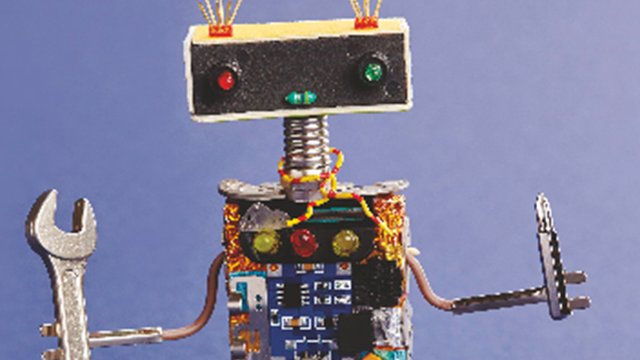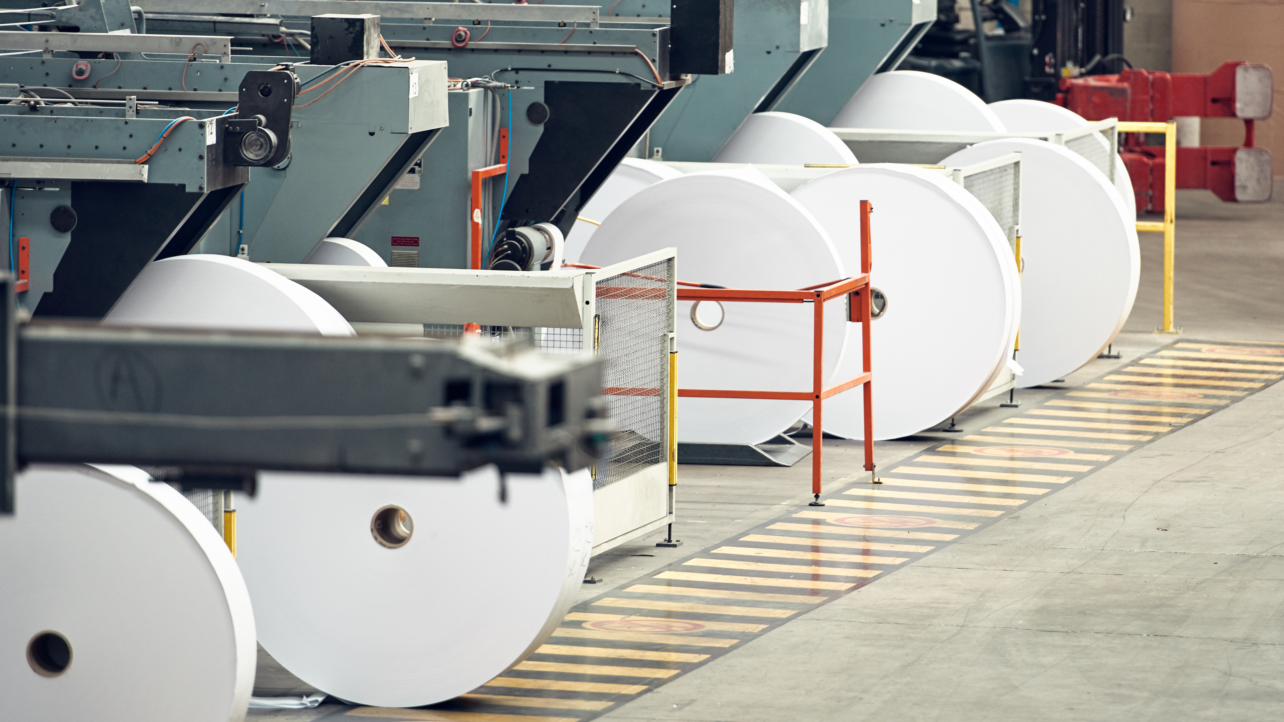We are currently living in an exceptional situation. We are suffering the consequences of unexpected circumstances that took us by surprise. The immediate impact of this global pandemic is serious, even dramatic, but the medium- and long-term repercussions are still unknown and unpredictable.
And yet, humans have a visceral need for forecasts. Historically, we have united or been torn apart based on predictions, most of which never came true. We need to believe in something in order to control our fears and build hope for survival. But I do not embark on these kinds of predictive exercises.
Like most entrepreneurs, I believe in building the future rather than predicting it.
There are several definitions for “start-ups.” From a marketing perspective, start-ups are companies that see value in an idea or technology before others. They create a service or product that offers this value. Oftentimes, startups do not have a book value because they have very few assets. Their business value depends on the potential of their proposal more than their instant economic reality.
As a result, some start-ups convince investors that they are there at the right time, with the right idea, in a large and accessible market. They build a growth plan fueled by an influx of investor capital: a hyper-growth plan, sometimes with double-digit monthly targets. When given the chance to develop, a start-up will focus on growth, not profitability.
Another strategy is sticking with conventional organic growth. Generating income, little by little, will prove a start-up’s value and thus attract investors in a pure growth project. However, a greater majority of start-ups need funding upfront in order to test their offerings in the market. When there are strong initial promises, sometimes start-ups have the chance to raise more capital, as important as the expectations of the funders.
Nobody can really predict the arrival of the growth ceiling. This makes hyper-growth models impractical, both in terms of their objectives and their validity over time. For example, a city’s capacity for taxis is capped at a certain value; there is not an infinite market. Additionally, once a company takes its place within a market, growth accelerators disappear and you have to adapt your business strategy.
In today’s exceptional situation, many startups find themselves without a market or in a market with different expectations and priorities. The cash that was strategically used for investing and maintaining its hyper-growth engine is critical for its survival and keeping the lights on. Models imposing delusional burn rates have become fragile.
Start-ups without a market find their value in freefall, and it becomes impossible to raise funds without leaving their shirts there. Some will be saved by investors who still believe the market will return soon and who want to protect their investments. Others will simply disappear due to insufficient funds. They will be victims of their own lack of a solid strategy.
In today’s volatile economy, this trajectory is valid for most companies. You are an oil giant and cars are no longer running. You are a vehicle manufacturer but the points of sale are all closed. Your supplies come from distant countries but supply chains are broken for political or economic reasons. You are a restaurant that has a regulatory obligation to close. In all these situations (and many more), what do you do?
Entrepreneurs around the world will have to redefine their strategy and adopt a new concept: resilience.
The value of a company will depend on its ability to survive and grow by resisting supply shortages and the temporary or cyclical closure of some markets. We will have to position ourselves on fundamental markets, build a reconfigurable supply chain according to several scenarios, and organize internal work to guarantee continuity of production and service.
Innovation was the key value of yesterday’s world and it will remain a fundamental parameter of your new growth strategy. We must continue innovating to stand out, but we must also innovate internally and transform ourselves.
Start-ups are now powerful economic players, enabling transformation thanks to their tremendous ability to create value for their customers. However, they will also have to adopt new economic principles to succeed in the long-term. Integrate resilience into your new growth strategy. Transform for your customers to live, and transform so you can survive.
Laurent Laporte
Laurent Laporte received his MSc in Engineering and Manufacturing Arts at Métiers University, France’s first engineering school. Laurent worked as a process engineer, production manager, plant manager, and Operations Director in France, Italy, and the USA.
Laurent co-founded Braincube in 2007. He is also President of a consortium of companies in the Campus du Numérique in Lyon, and President of the Software committee of the Gimelec (the largest pro-union for French industrial solutions providers).
He has three children and has been married to his wife for almost 30 years. In his free time, Laurent plays music, watches and plays sports, and travels the world.






